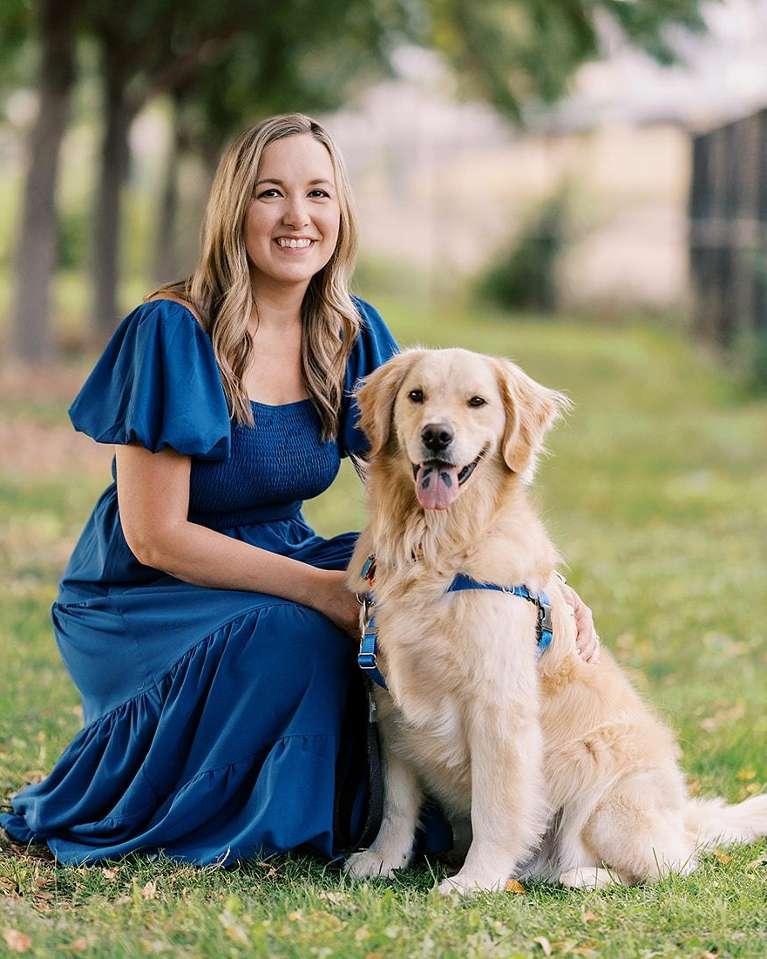
Healing from Trauma with EMDR Therapy
You Don’t Have to Carry This Alone
Trauma can feel like a shadow that lingers—showing up when you least expect it, often during moments when you wish you could feel calm, safe, or connected. While many people think trauma only applies to big, life-threatening events, it can also stem from experiences that were emotionally overwhelming, anxiety-inducing and/or hurtful, even if they don’t seem “big enough” to others.
Whether it was a car accident or difficult childhood experiences such bullying, loss, or a moment where you felt helpless or deeply ashamed—if it stayed with you, it matters. Trauma lives in the body and mind, and when it isn’t fully processed, it can quietly shape how we think, feel, and relate to ourselves and the world.
You might be noticing:
-
Nightmares or flashbacks
-
Feeling anxious, overwhelmed, or numb
-
Trouble sleeping or concentrating
-
Checking out and numbing out through food, substances, scrolling, shopping, e tc.
-
Unexplained body tension, pain or sensations
-
Shame, guilt, or low self-worth
-
Getting stuck in the same thoughts or reactions
-
Feeling disconnected from others—or even from yourself
These are not signs of weakness. They’re signs that your nervous system is still trying to protect you.
How EMDR Can Help
EMDR stands for Eye Movement Desensitization and Reprocessing. It’s a gentle, structured approach to therapy that helps your brain do what it naturally wants to do: heal.
Rather than talking about the trauma in detail over and over, EMDR helps you revisit difficult memories in a way that feels contained and safe—using eye movements, tapping, or gentle sound tones to support your brain as it reprocesses the experience.
Many people find that memories, which once felt sharp, emotional, or overwhelming, become more distant, manageable, and less painful. You don’t forget what happened—but it doesn’t carry the same emotional weight.
What EMDR Can Support
EMDR has been shown to help people heal from:
-
PTSD and traumatic experiences
-
Anxiety and panic attacks
-
Grief and loss
-
Physical, sexual, or emotional abuse
-
Phobias and fears
-
Addictive behaviors or compulsions
-
Chronic pain related to emotional distress
-
Low self-worth or inner criticism
It’s also helpful for more subtle, complex experiences—like growing up in an environment where your emotional needs weren’t met or feeling like you always had to be “on guard.”
Common Questions About EMDR
Will it erase my memories?
No. EMDR doesn’t remove memories—it helps reduce the emotional charge so they no longer feel like they’re happening right now.
Will it work for me?
Everyone’s healing journey is different. EMDR is well-researched and effective for many people, but your therapist will work with you to determine if it’s a good fit based on your needs and history.
How many sessions will I need?
Some people see relief in 8–12 sessions, especially with a single event. If you’ve experienced more complex or long-term trauma, therapy will likely take longer—but it’s always paced around your comfort and capacity.
Do I have to stop working with my therapist?
Not necessarily. EMDR can be done alongside ongoing therapy (called adjunctive therapy) if you are not already working with an EMDR trained therapist. So you don't have to stop working with your therapist while you start EMDR therapy with Dr. Hick. You may choose to pause that therapy or continue while completing EMDR with Dr. Hick. There are flexible ways to approach it, and we’ll help you decide what’s best for you.
You Deserve to Feel Safe Again
Trauma may be part of your story, but it doesn’t have to define your future. EMDR is one way we can help your mind and body reconnect, heal, and begin to feel more grounded again.
At Center for Shared Insight in Denver, Dr. Hick is trained in EMDR and committed to creating a space that honors your pace, your story, and your strength.
Ready to take the next step? Reach out today to Dr. Hick to learn more or schedule a consultation. You don’t have to heal alone.
References:
This service page content was written with the assistance of OpenAI on June 23rd, 2025, from the original content written by Dr. Kristen Hick.
Frequently Asked Questions
This social media site and website are designed for general information only. The information presented on this site should not be construed to be formal psychological or mental health advice or treatment nor the formation of a therapist-client relationship. If you think you may have a mental health emergency, call 911 or go to your nearest ER immediately.
OUR TEAM

Dr. Kristen Hick Psy.D.
"My journey in relationship work began long before I put on my high school cap and gown. Always interested in the dating issues of friends, wanting to ease and "fix" family conflict, and then later, personally struggling to break free of unhealthy dating patterns, I've been studying relationships all my life - inside and outside of the classroom. It was through working on my relationship with myself that I found true transformation in my relationships.
Now, it's my mission to help others with relationship concerns - ...







